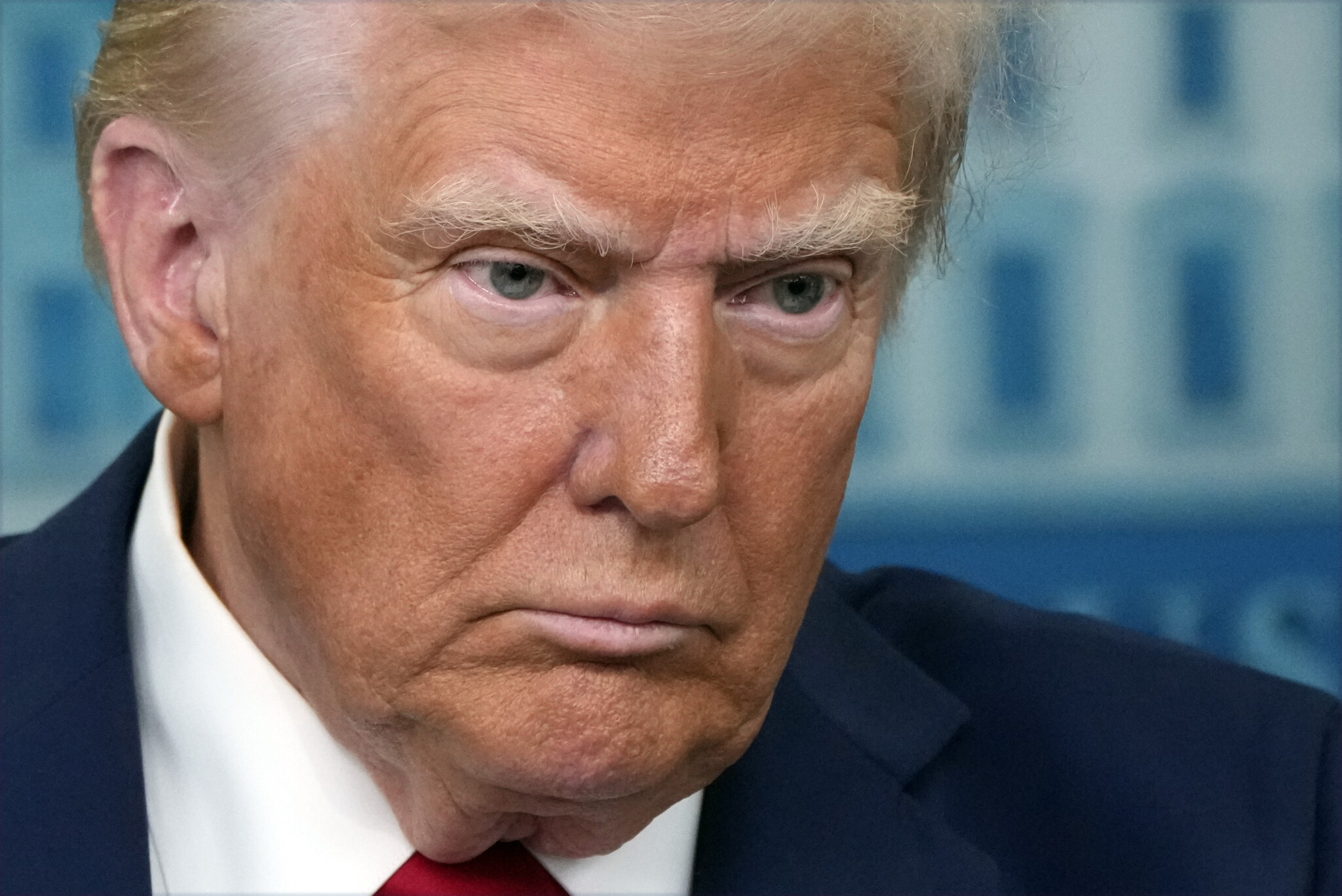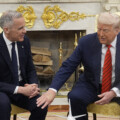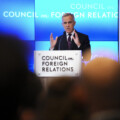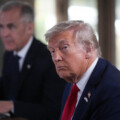In The Weekly Wrap Sean Speer, our editor-at-large, analyses for Hub subscribers the big stories shaping politics, policy, and the economy in the week that was.
Trump’s wealth-destroying, freedom-killing tariffs have finally arrived
As I write this week’s edition of The Weekly Wrap, we can anticipate that the Trump administration will impose tariffs on Canada over the weekend—even if we don’t yet know their precise details. If Prime Minister Justin Trudeau follows through with his own promise, we’ll also soon learn the details of Canada’s retaliation. By the time that you’re reading this, there’s a good chance that we’re in a trade war with the United States.
Canada and the U.S. have dealt with various trade irritants over the years. Think softwood lumber or Buy America or the digital sales tax or whatever. But for most of my life, the flow of trade between our two countries has been mostly unimpeded. By virtually any measure, this has been a hugely beneficial arrangement for both of us. In 1988, when we first entered into a bilateral free trade agreement, two-way totalled about $150 billion. Today it stands at just over $920 billion. Millions of jobs on both sides of the border depend on it.
The success of Canada-U.S. free trade has been a catalyst for a broader movement around the world in favour of breaking down trade barriers and opening markets to free trade. It’s not precisely accurate to say that Brian Mulroney and Ronald Reagan gave us modern globalization. But their early leadership makes them formative figures in the era of peace and prosperity that post-dates the end of the Cold War.
The past 40 years haven’t been unblemished. The rise of populism has exposed the extent to which some in our societies were harmed by the free flow of people and goods across global borders. There’s a good case in hindsight that business and political elites underestimated these harms. There’s an even stronger case that they misread the ambitions and intentions of China’s Communist Party when they (wrongly) welcomed it into the global trading system.
But we also shouldn’t overstate things. We’re richer than we would have been if Mulroney and Reagan hadn’t negotiated a free-trade deal. The overwhelming reaction to the tariff threat (discussed in more detail below) is a sign that most of us instinctively understand this. We know that we’re better off because of it.
In light of what’s to come, I could write about the futility of retaliatory tariffs or the economic and cultural problems with the growing consensus in favour of pandemic-style relief payments to Canadian businesses and households. It will be important to litigate those issues in the coming days. But today I can’t quite bring myself to do it.
Trump’s tariffs aren’t just a threat to Canada’s economy. They’re a threat to the principles of free trade and free markets. They’re a threat to the ideas that have shaped conservative political economy for decades.
They propose to have bureaucrats and politicians intrude themselves into the free exchange between Adam Smith’s butcher, brewer, and baker—or the Canadian forester and the American homebuilder. The invariable result is for all parties to be poorer and less free.









